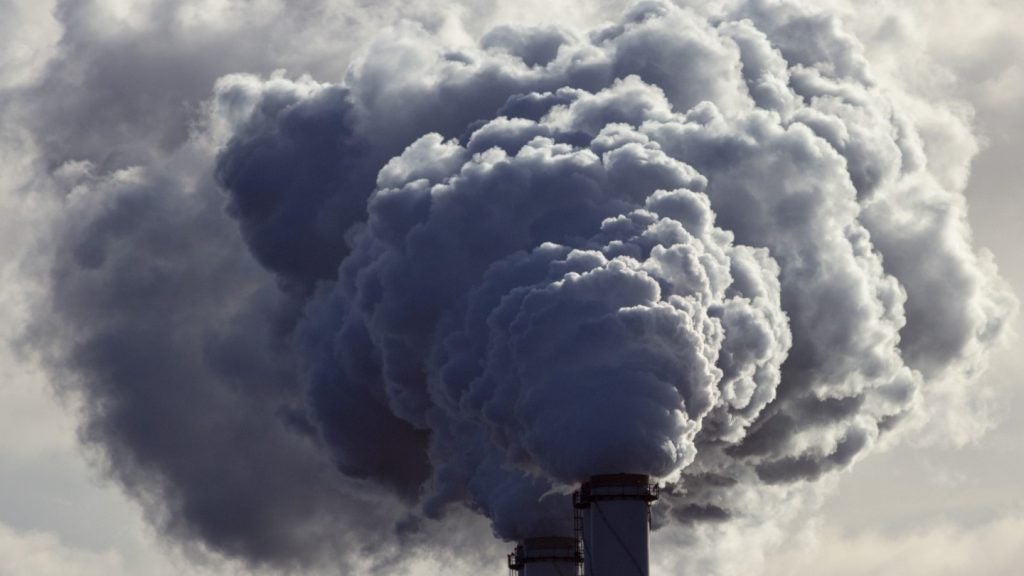Spirit Energy, a subsidiary of Centrica, and Peak Cluster have released a report detailing alternative routes to market for commercially viable carbon capture and storage (CCS) projects, which will help increase private investment in the sector.
The partnership between Spirit Energy and Peak Cluster aims to decarbonise 40% of the UK’s cement and lime industry and ensure that nearly four million tonnes of CO₂ emissions from vital industry within Peak Cluster will be captured and then permanently stored in Spirit Energy’s Morecambe Net Zero (MNZ) carbon store each year from 2030.
Spirit Energy said it is planning on repurposing the depleted Morecambe Bay Gas Fields in Barrow into the MNZ carbon store. This will capture carbon from Peak Cluster plants in Derbyshire, Staffordshire and Cheshire.
To enable the growth of CCS and ensure that supply of carbon storage meets demand, there must be a clear additional pathway for new market participants beyond what already exists. Furthermore, a stable upward carbon price trajectory that renders emitting carbon more expensive than storing the emissions will encourage private sector investment and minimise the need for taxpayer support.
The report also suggests the government should support a model of CCS economic licensing that offers subsidies that are directly linked to the difference between the cost of abatement and the price of CO₂ in the UK Emissions Trading Scheme.
Neil McCulloch, CEO of Spirit Energy, said: “Carbon capture and storage projects such as MNZ are going to play a pivotal role in delivering net zero in the UK and beyond. MNZ is uniquely well-placed to provide scale in the right place, at the right time, to hit government targets and deliver the CCUS [carbon capture, utilisation and storage] vision with greater certainty. Our ask is modest and pragmatic policy reforms that can then enable MNZ to drive industrial decarbonisation, growth, new green jobs and economic opportunities in the UK.”









